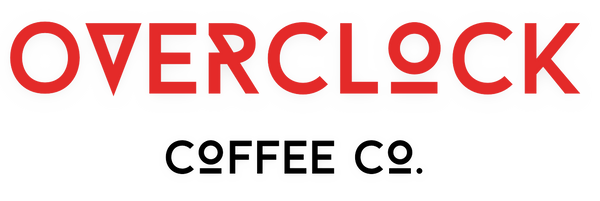
Coffee vs Decaffeinated Coffee
Coffee vs Decaffeinated Coffee: What You Need to Know
For coffee lovers who want the taste without the jitters, decaffeinated coffee offers a familiar flavor with less of the buzz. But what exactly is decaf? How is it made? And does it taste the same as regular coffee? Let’s break it down.
What Is Decaffeinated Coffee?
Decaffeinated coffee is coffee that has had at least 97% of its caffeine removed (Mandel, 2016). It still comes from real coffee beans, but it undergoes a special process before roasting to extract most of the caffeine.
How Is Coffee Decaffeinated?
There are several methods used to remove caffeine, each with pros and cons:
| Method | Description | Pros | Cons |
|---|---|---|---|
| Solvent-based (MC/EA) | Uses methylene chloride or ethyl acetate to extract caffeine | Cost-effective, retains flavor | Solvent residue concerns |
| Swiss Water Process | Uses water and activated carbon | Chemical-free, organic | Costlier, may remove flavor oils |
| CO2 Process | Pressurized CO2 extracts caffeine | Retains most flavor | Expensive, mostly for large-scale use |
According to research, all approved methods are considered safe by food safety authorities (US FDA, 2022).
Does Decaf Coffee Taste the Same?
Decaf coffee generally has a milder, less bitter taste. However, modern techniques like the Swiss Water Process help preserve much of the bean’s original flavor.
If you want rich, flavorful decaf, go for fresh-roasted options like our Overclock Dragon's Breath , bold and satisfying with none of the buzz.
Health Benefits of Decaf Coffee
Decaf isn’t just for the caffeine-sensitive. It also offers:
- Reduced anxiety and sleep disruption
- Lower risk of acid reflux (Graham, 2020)
- Same antioxidants as regular coffee
Plus, studies show decaf may still contribute to improved liver function and reduced risk of type 2 diabetes (Bhupathiraju et al., 2014).
Decaf vs Regular Coffee: Quick Comparison
| Feature | Decaf Coffee | Regular Coffee |
| Caffeine | ≤10 mg per cup | 70–100 mg per cup |
| Sleep Impact | Minimal | Can disrupt sleep |
| Acidity | Lower | Higher |
| Taste | Mild, smooth | Stronger, bolder |
Should You Switch to Decaf?
If you’re experiencing jitters, heart palpitations, or poor sleep, switching to decaf could be the move. You don’t have to give up coffee, just tweak your roast.
Final Thoughts
Decaffeinated coffee is far from a compromise. With the right beans and a good roast, you can still enjoy your ritual without the side effects. Whether you're going full decaf or mixing it in throughout the day, Overclock Coffee has your back.
References
Bhupathiraju, S. N., Pan, A., Manson, J. E., Willett, W. C., & Hu, F. B. (2014). Changes in coffee intake and subsequent risk of type 2 diabetes: three large cohorts of US men and women. Diabetologia, 57(7), 1346–1354. https://doi.org/10.1007/s00125-014-3235-7
Graham, D. Y. (2020). Decaffeinated coffee and gastroesophageal reflux. Alimentary Pharmacology & Therapeutics, 52(5), 892–893. https://doi.org/10.1111/apt.15877
Mandel, H. G. (2016). Update on caffeine consumption, safety, and behavioral effects. Food and Chemical Toxicology, 80, 219–229. https://doi.org/10.1016/j.fct.2015.03.019
US FDA. (2022). Guidance for Industry: Questions and Answers on the Safety of Caffeine. https://www.fda.gov/food/food-additives-petitions/guidance-industry-questions-and-answers-safety-caffeine
